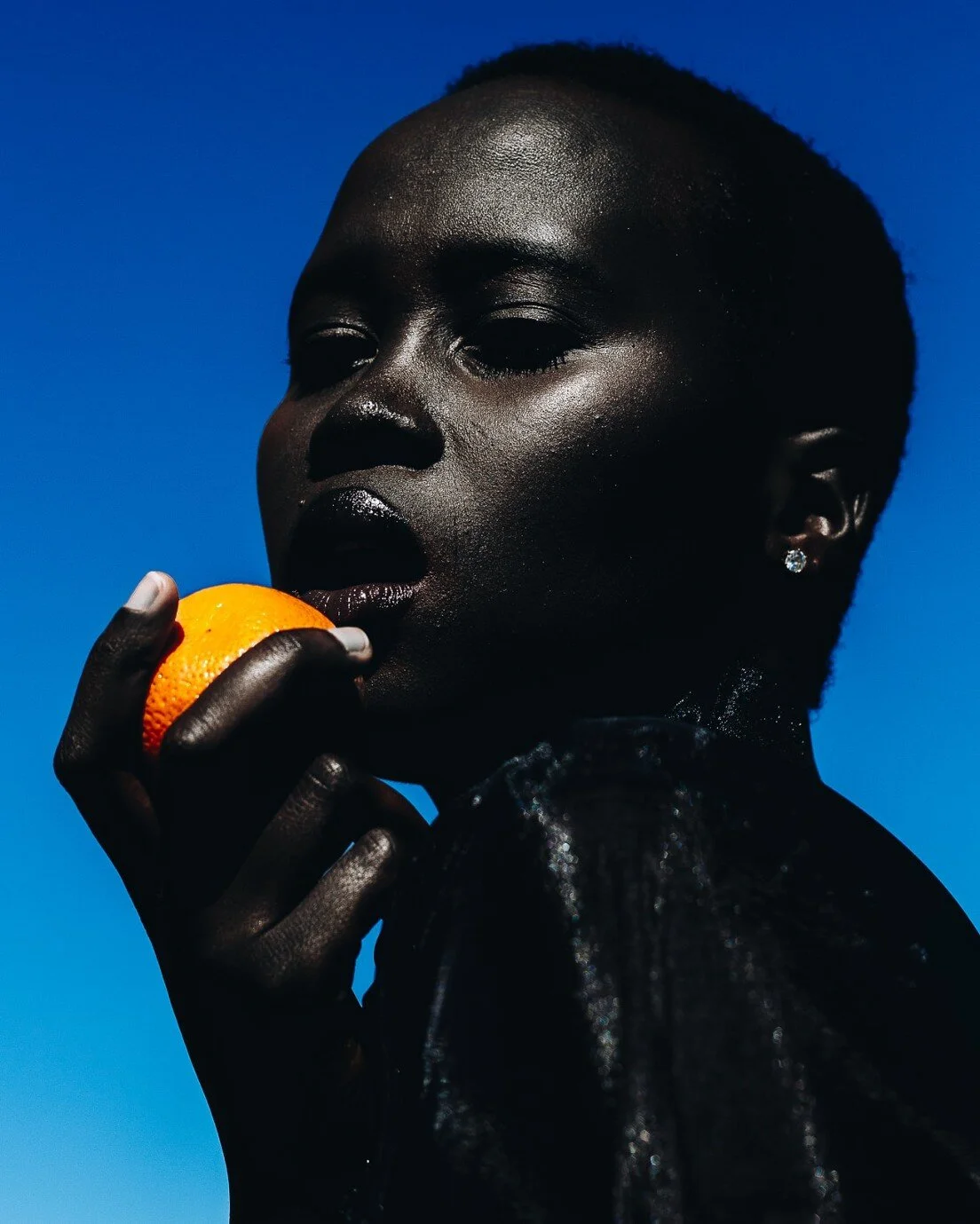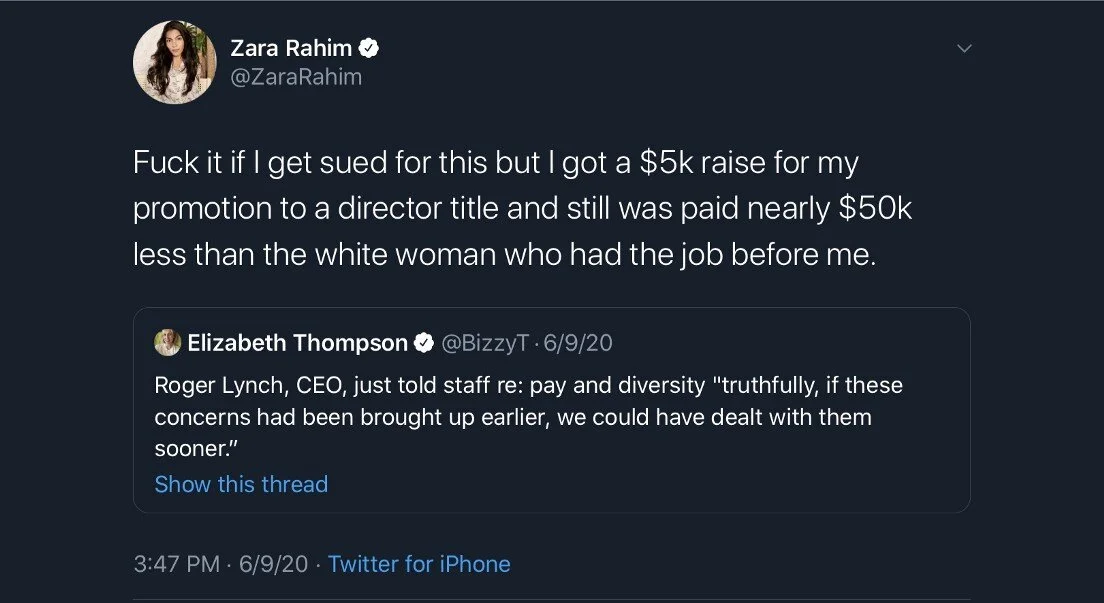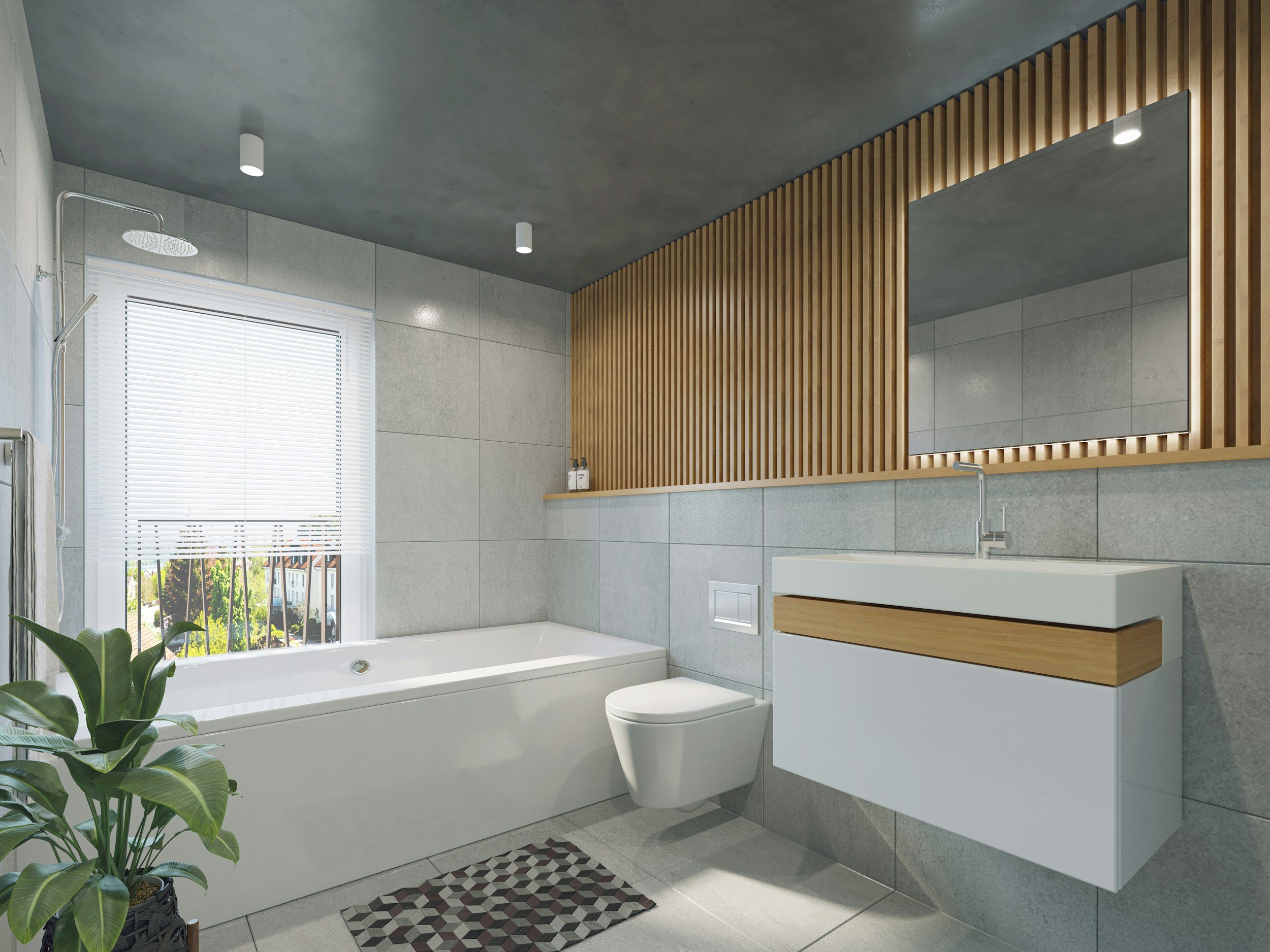Dear Black Creatives, Stop Doing the #VogueChallenge
Photographed by Olademeji Odunsi, Courtesy of Unsplash
Writtens by Soundjata Sharod originally publish on Medium
Vogue doesn’t deserve the clout, especially not from black people.
Last week as I was scrolling through twitter, I was blown away by the unparalleled creativity and skill of black people. In a new viral trend, black creatives are creating faux Vogue magazine covers and sharing them using the #VogueChallenge. The purpose of the challenge is to show that people of color should have more opportunities at Vogue and in the fashion industry. Even in a time when we’re forced to reckon with the U.S.’s racist policing system, black people are still taking time to celebrate our beauty. For a good minute, I liked and retweeted countless submissions marveling our resilience.
Moment of Realization
Then I came to a troubling realization. The challenge, for Vogue, is just free advertisement. Why do black people have to use the Vogue brand as a medium to show our talents when Vogue clearly hasn’t valued us? When will we realize our true worth?
Last week in a memo to her staff, Anna Wintour, the editor-in-chief of American Vogue, apologized for Vogue’s failure to give opportunities to black journalists, photographers, editors, designers, and other creatives in the fashion industry. Wintour also conceded, “It can’t be easy to be a black employee at Vogue and there are too few of [them].”
Corporate Culture
In Vogue’s 127 year existence, there has been only 1 black photographer to shoot its glossy cover. This was only made possible by the demands of the cover star, our Queen, Beyoncé. Andre Leon Talley, a former editor-at-large at Vogue and Wintour’s former right hand-man, said that, “At one point, [he] was the only black person on Anna’s staff.” “Anna probably feels that her apology will be a defining moment but knowing her, it will soon be back to business as usual.”
It’s clear that her apology is empty. Her memo cleverly comes in a time when Vogue’s publisher, Condé Nast, is on full racial damage control. A picture of Adam Rapport, the editor-in-chief of Condé Nast’s Bon Appétite Magazine, in brownface surfaced on social media. This prompted two of his brown staffers to speak out about the discrimination they faced while working for Bon Appétit. This lead others to share their experiences with discrimination at Condé Nast. Wintour knew that she had similar problems with her magazine and needed to address them before it got too ugly.
Shelby Ivey Christie, a former Vogue staffer and a black fashion scholar, tweeted about her negative experience working for Vogue.
Zara Rahim, a woman of color, also spoke out about her negative experiences being paid less than her white counterpart despite having an impressive resume.
Vogue’s racism may surprise you. After all, Vogue frequently features celebrities and models of color. Well, I’m sorry to break it to you — it’s just performative activism. Diversity is a marketing tool for them. It’s easy to put Kerry Washington or Rihanna on a cover, since black people exist heavily within the white mainstream now. Most magazine diversity reports only consider the race of models featured in magazine editorials and ads. As long as they have black people on the pages, they can check off their diversity box.
Diversity
But what about the diversity behind the scenes? Seeking out long lasting professional relationships with black creatives is something they don’t want to do because they don’t see anything in it for them; they already look “woke” enough. They still get to generate traffic while holding onto their predominantly white staff. Thus, Vogue’s problem is not their failure to recognize black talent, but their disinterest. After all, if the fashion industry isn’t aware of black creatives’ capabilities by now, are they really looking?
After more than a century of producing editorial content, what’s baffling is that the #VogueChallenge is producing faux covers that look better than the covers of American Vogue. Black people are the moment. We are setting a new standard for editorial fashion. This goes for the nonblack people of color too.
Photograghed by Max Letek, Courtesy of Unsplash
New Fashion
It’s time to revoke Vogue’s title as the “fashion bible.” Its fidelity to celebrity and influencer culture is tasteless. Its disinterest in art is alarming. For instance, amidst a global pandemic, Vogue still felt comfortable releasing another soulless cover featuring Gal Gadot. In High Fashion Twitter circles and private fashion forums, when young people express a desire to learn more about fashion or to experience great art, they are told not to subscribe to American Vogue. A fashion apostasy is beginning.
Unfortunately, black people still feel the need to spell out our value to the fashion industry and the white mainstream. Formatting exceptional black art into Vogue Covers undermines our achievements and promotes the idea that Vogue still represents the highest standard of work. The challenge is limiting, because it’s meant to prove our creative worthiness using a Eurocentric standard. We should be questioning whether or not Vogue still needs to exist.
Blindly giving relevance and acclaim to institutions that never valued us is the opposite of what we should do to empower ourselves in the fashion industry and beyond. There exists an insidious paradigm in fashion that involves black people giving white companies clout for nothing in return. Because we invest so much in Vogue (regardless of the fucked up things they do), they aren't incentivized to change.
Photographed by Olademeji Odunsi, Courtesy of Unsplash
Reimagining
If Vogue was reimagined with an all-new diverse staff, I wouldn’t be mad. In fact, I want that to happen. If I was offered a job at American Vogue today, I would seriously consider taking it; I want a career in fashion, and I’m broke. There are so many broke black creatives out here hustling to get work. However, our willingness to work doesn’t mean that they deserve my/our talents, especially not for free. They did us dirty for so many years. Even with our presence, I don’t know if the institution can fully be redeemed.
The recent uptick of racist police killings are pushing people to hold institutions accountable for their racism. Let’s not immediately reinvest back into those same corrupt institutions that create poor conditions for black people and people of color.
I understand the pressure to support political institutions with hopes of broad scale reform. However, with something as nonessential as a fashion magazine, there are no negative stakes in unsubscribing. After all, there are other magazines to subscribe to; for example, i-D magazine consistently produces the highest quality of editorial content while utilizing a diverse list of creatives.
As black people, it’s as good a time as any to reinvest in ourselves. In fashion, this looks like supporting black fashion brands and stylists, following black designers and journalists, and forming new organizations for our collective betterment. Whether or not we have enough resources to do so (and I think we do), I think supporting each other should always be the main priority over incessantly engaging white institutions.
Featured














KANE Footwear expands its sustainable recovery portfolio with the Revive OB, an open-backed performance shoe engineered from Brazilian sugarcane-based foam to deliver hands-free convenience, biomechanical support and lower-impact manufacturing.